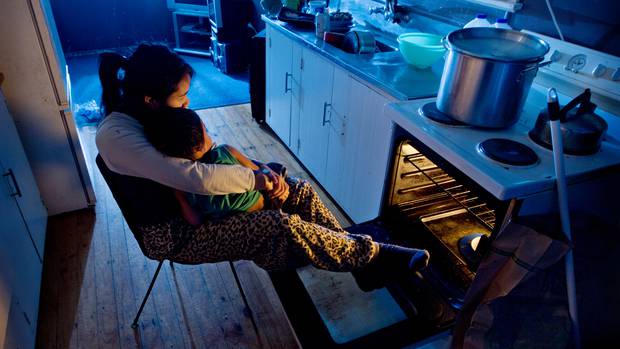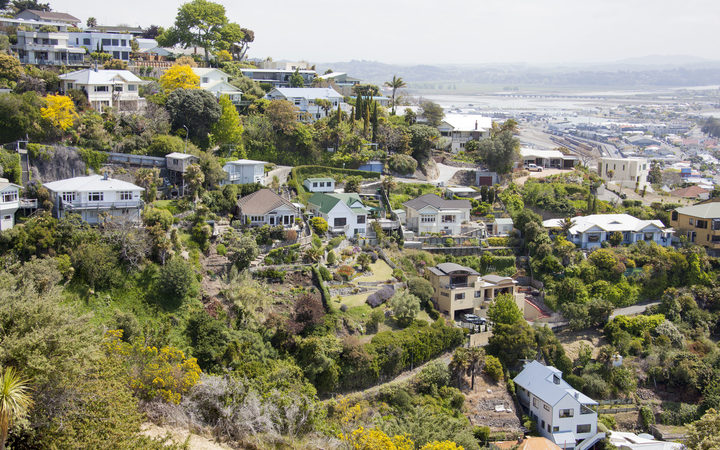Landlord group embarks on alternative to rental WOF

If expectations are too high, some landlords will sell up, says the Property Investors Federation.If expectations are too high, some landlords will sell up, says the Property Investors Federation.
Property investors are concerned that a compulsory rental WOF as championed by the Greens at the weekend might be too difficult to meet.
But a group of Wellington landlords is already taking the initiative and proposing an alternative system to uphold certain standards.
Wellington Property Investors Association president Richard Bacon said his members were starting a landlord accreditation scheme. “It’ll take us a year to get it going.”
He was against a rental warrant of fitness because it was “a pass-fail situation and that’s not helpful”.
“Quite a lot of these properties are older, and they’ll never meet current building standards or additional standards you want to put in. In which case you could just take those properties out of the market completely and then we have even more problems with housing.”
Ultimately he preferred the idea of a grading system on rental properties, to guide tenants. Although it lacked the compulsory element of a rental WOF, Bacon said few landlords wanted the shame of having a really low-grade property.
“When you’re marketing your property and you say it’s a one-star property, you don’t get decent tenants. How many one-star hotels do you check into?
“The impetus is to become three-star and above.”
The New Zealand Property Investors Federation argues that if expectations are too high, some landlords will sell up, which will shrink the pool fo rental houses and ultimately push up rent.
Executive director Andrew King said the Greens’ concept of a rental WOF were “mostly reasonable” and largely covered by existing legislation.
However, there were some sticking points that seemed unnecessary.
“It still contains items such as a minimum size for kitchen benches, which many rentals will not be able to meet,” he said.
King said an early Otago University paper on the WOF even suggested houses be correctly orientated towards the sun. It was hard to see how that could be rectified.
“Some of these expectations are higher than the current building codes,” he said.”This would indicate that the building codes are acceptable for owner occupiers but not good enough for tenants.”
A voluntary rental WOF was introduced by the Wellington City Council last year, with a checklist of 63 pass-or-fail questions. It failed to gain much initial traction.
Although the Labour party does not champion a rental WOF, it has pushed through the Healthy Homes (Guarantee) Act which says rentals must have minimum standards of heating, insulation, ventilation, moisture, drainage and draught stopping.
Landlords have until 2024 to meet the new standards.
But the Greens are more radical, suggesting a landlord licensing scheme as used in Britain, a maintenance bond paid by landlords and the WOF itself which would include an inspection paid for by the landlord every three years.
Minimum standards for the Green’s WOF would include:
* mould-free surfaces
* a functioning toilet
* decent ventilation
* properly connected drains
* safe wiring
* proper insulation and heating
* energy efficiency
* no cracks or holes in the building’s cladding.
A Building Research Association survey of housing condition in 2015 found that 22 per cent of rental homes have no fixed heating compared to 7 per cent of owner occupied properties.
Both Labour and the Greens are also agreed on the need for more security for renters, although there are differences in their policies.
Labour has proposed a revamp of the Residential Tenancies Act which would give renters more security of tenure but also provide landlords with some leeway on ending leases.
The Greens want fixed term leases with a default length of three years, an automatic right of renewal and an end to evictions without cause.




